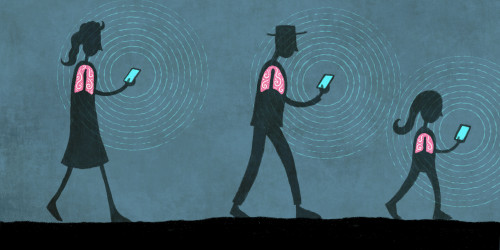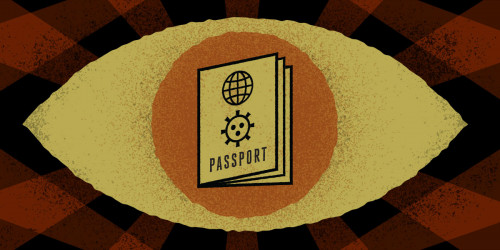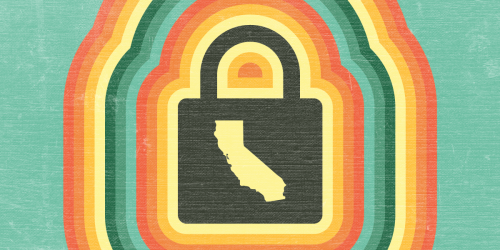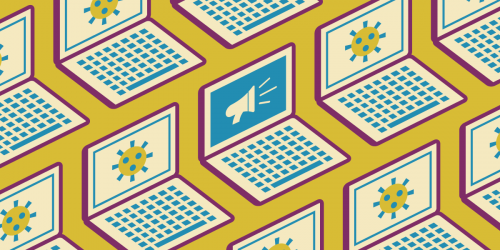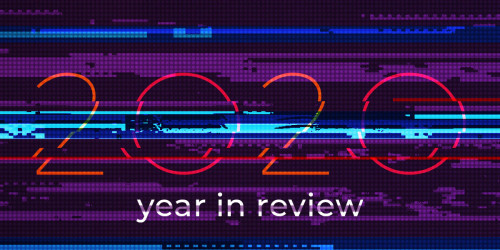The House of Representatives has introduced new COVID-19 emergency response legislation to address the largest public health and economic calamity the United States has faced in generations. Like the crisis it is meant to address, the bill is massive. One provision deserves particular attention: guaranteeing free Internet access if you have been economically harmed by COVID-19 (as originally envisioned in legislation promoted by Congressman Marc Veasey).
Internet access is more important than ever, as those who can work from home, kids are attending school online, and people in general rely on the Internet for information. People are losing jobs at almost unprecedented rates—the U.S. is facing the highest unemployment rate since the Great Depression. No one can afford to lose Internet access on top of all the other economic stress we are facing.
Americans will be experiencing social distancing, in some form or another, for a long time. That means many businesses, education institutions, religious services, and social functions that rely on large gatherings will do so online. Even organizations that open their doors for limited numbers of in-person interactions may end up relying on the Internet to make up the difference or serve at-risk populations.
Broadband has always been an essential service. But under the conditions brought on by the global pandemic, it is the only way to fully participate in society.
Tens of millions of Americans have lost their incomes through no fault of their own, and are complying with the public health emergency requirements to stay at home and reduce their contact with one another to avoid spreading the infection. This makes broadband access to their homes the only means of communicating safely with their friends, family, and prospective employers.
For the COVID-19 impacted parents with children, broadband access will be the means of providing remote education. And for seniors and others highly at risk from the virus, broadband access will be the means to stay in touch with their families from their homes—and for their families to regularly check in on them. For everyone, a lot of face-to-face healthcare has been supplemented or replaced by telehealth. Broadband has always been an essential service. But under the conditions brought on by the global pandemic, it is the only way to fully participate in society.
At a very basic level, the Emergency Broadband Benefit Program in this bill requires Internet Service Providers (ISPs) to offer free broadband service for COVID-19 impacted people, with the government compensating the ISPs at a set rate. The bill also locks in any of the promotional rates ISPs offered during the crisis for the duration of the crisis—ISPs cannot start charging people more until the crisis is over. And those special deals will come with fewer strings, since it effectively ends mandatory long-term contracts attached to promotional low prices by eliminating early termination fees.
As mentioned, this bill is massive. As various parts of it are renegotiated, Congress must keep in mind that Internet access is vital and cannot be bargained away.
Many Americans have little to no choice among high-speed Internet providers. And monopolies and near-monopolies have little to no incentive to keep prices low or speeds high. This bill will address the price part of the equation, ensuring that Americans can stay online during the crisis. This is not something merely tacked on to COVID-19 relief; rather, it must be a priority for policymakers.




